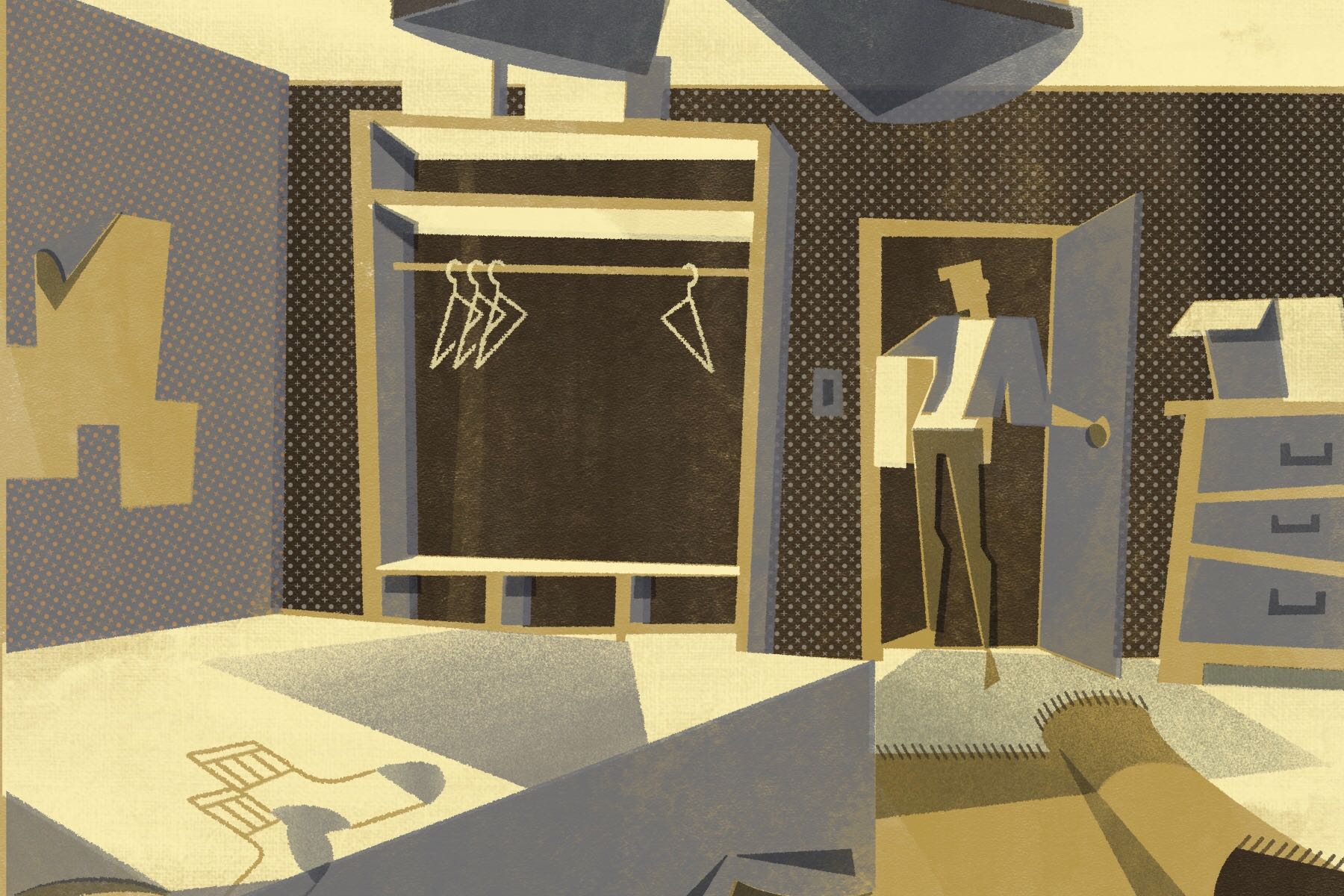At the age of 18, there’s more freedom to experience. It’s the beginning of adulthood. You can go to R-rated movies by yourself. You can buy scratch tickets. You can take out a loan or a credit card in your name. But most importantly, you can finally begin moving out of your parent’s house.
I remember as a kid I couldn’t wait to grow up. Moving out was a lifelong dream. No more curfews or being interrogated about plans. It would be just me, myself and I. Unfortunately, it’s a lot harder than I thought.
https://www.instagram.com/p/B9kWxxPjp7J/?utm_source=ig_web_copy_link
Learning happens through experience. And after six years of doing it, I created a set of guidelines to prepare you for the next big step into adulthood.
Do: Make sure you can afford it
Moving out on your own is expensive. Depending on where you choose to live, whether you’re looking at apartments or wholesale mobile homes, there are bills you must pay like electricity and gas/heat on top of rent. And typically, renters give first month, last month and a deposit before even moving in. Renting a moving truck also adds to the fees and takes a lot of time to do whether you have people to help or not. If you’re in California, another alternative is to contact Boxbee and let them take care of your move. They can pick up and deliver your moving boxes so you don’t have to worry during the process.
Generally, moving out is a stressful experience financially and physically.
Before you think about packing up and leaving, it’s important to understand your budget. Knowing your budget helps to set boundaries and prioritize spending habits. A common rule of renting is finding a place that you can pay with one paycheck. It shows that you’ll be able to pay easily while also paying for other things too.
Finding roommates also is another way of helping share the burden of renting and other bills. Everyone is held accountable for their portion. However, finding a compatible roommate can be difficult. Every person has different personalities and standards of living. Some can be unreliable while others are unbearable because they don’t clean up after themselves. I suggest that if you want a roommate, choose a close friend or interview potential candidates.
Do: Open a savings account
Nowadays, most 16-year-olds have part-time jobs while going to high school. Parents take their kids to open a checking account to deposit their paychecks. It’s the first step into adulthood.
Having a savings account, however, is an important aspect of banking that people tend to overlook.
Savings can serve multiple purposes. It can help put a down payment on an apartment, house or a new car. Or it can help pay off student loans while looking for a career.
I view my savings as “rainy day” money. It’s money I only touch if it’s a dire emergency like repairing my car. It also helps to conceptualize spending habits that you weren’t aware of and adjust accordingly. I suggest depositing an amount that you can be okay without having. For example, I put a minimum of $10 a week in my savings account as a way of restricting my outrageous spending habits. It’s a small amount that won’t set me back drastically; it’s like putting change in a piggy bank you can use later.
Don’t: Spend excessively
Being financially stable is an important aspect of living on your own. Without that, it’ll be extremely difficult.
Try limiting your spendings by choosing the essentials over commodities. Think about what you need and what you could do without. It’s a lifestyle referred to as minimalistic.
Minimalism helps in various ways besides financially. It reduces clutter, frees the mind of unwanted stress and cultivates an appreciation of life. The lifestyle is a method that promotes others to live and enhance their awareness of the present moment. Nowadays, purpose is often associated with what you own than who one is; we are a commodity-driven society. But, at the end of the day, items are still inanimate objects.
However, I’m not completely shaming the idea of buying commodities. I do buy things I don’t necessarily need. But I do it in moderation to avoid drastically disrupting my budget.
Don’t: Dine out everyday
Eating at restaurants is not only bad for your health, but terrible for budgeting. Restaurants inflate their prices on dishes that can be made at home for half the cost. There is also a special allure that is established through their reputation with food and staff that keeps bringing people back.
Cook meals at home rather than going out. Read recipes online or watch a cooking video if you’re unaware on where to get started. I find it’s easier to watch videos that go step-by-step because if anything goes wrong, you’ll know where. It’s better because you’ll know what’s in your meal, save money and learn something new.
As I previously stated, I’m not shaming anyone that wants to go to restaurants to eat. It’s fun to go out and not have to clean up after yourself. But moderation is important to maintain financial stability.
Do: Buy a calendar
Writing important deadlines on a calendar serves as a constant reminder while also allowing your mind to focus on tasks at hand. Some view written down deadlines as stressful.
But I believe it relieves a burden to write it out so it won’t be forgotten, and you can plan ahead; it’ll help time management skills. It also helps when life gets busy unexpectedly. You’ll be able to keep track of what needs to get done and prioritize accordingly.
Don’t: Procrastinate
A major rule, whether its school or life, is not procrastinating. I know it’s a problem because I’m guilty of it too. It’s a hard habit to break. But procrastination just adds to the stress, especially if you’re a student living off campus. No one will be there to nag you about getting stuff done; it’s your responsibility to remember and do it on time. It’s the same thing with payments. Bills, if not paid on time, can accumulate fees that get added onto next month.
Calendars, as stated previously, are a huge help with procrastination. You write down important dates to not forget and help plan accordingly, even when life gets surprising.
It’s not scary
Moving out into your own place is a major adjustment. You pay for utilities, rent and other living expenses.
But it’s not scary. In fact, it’s an enjoyable experience once you get used to it.

















